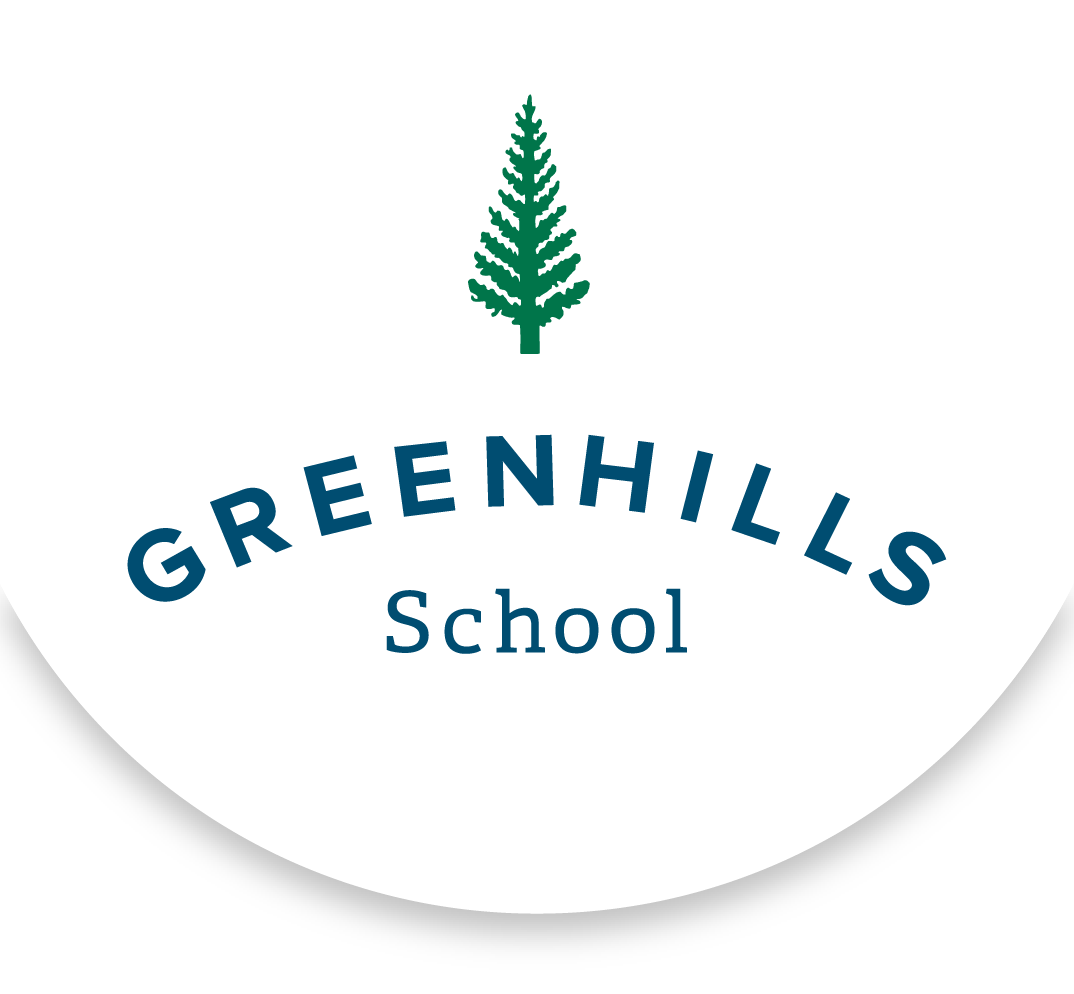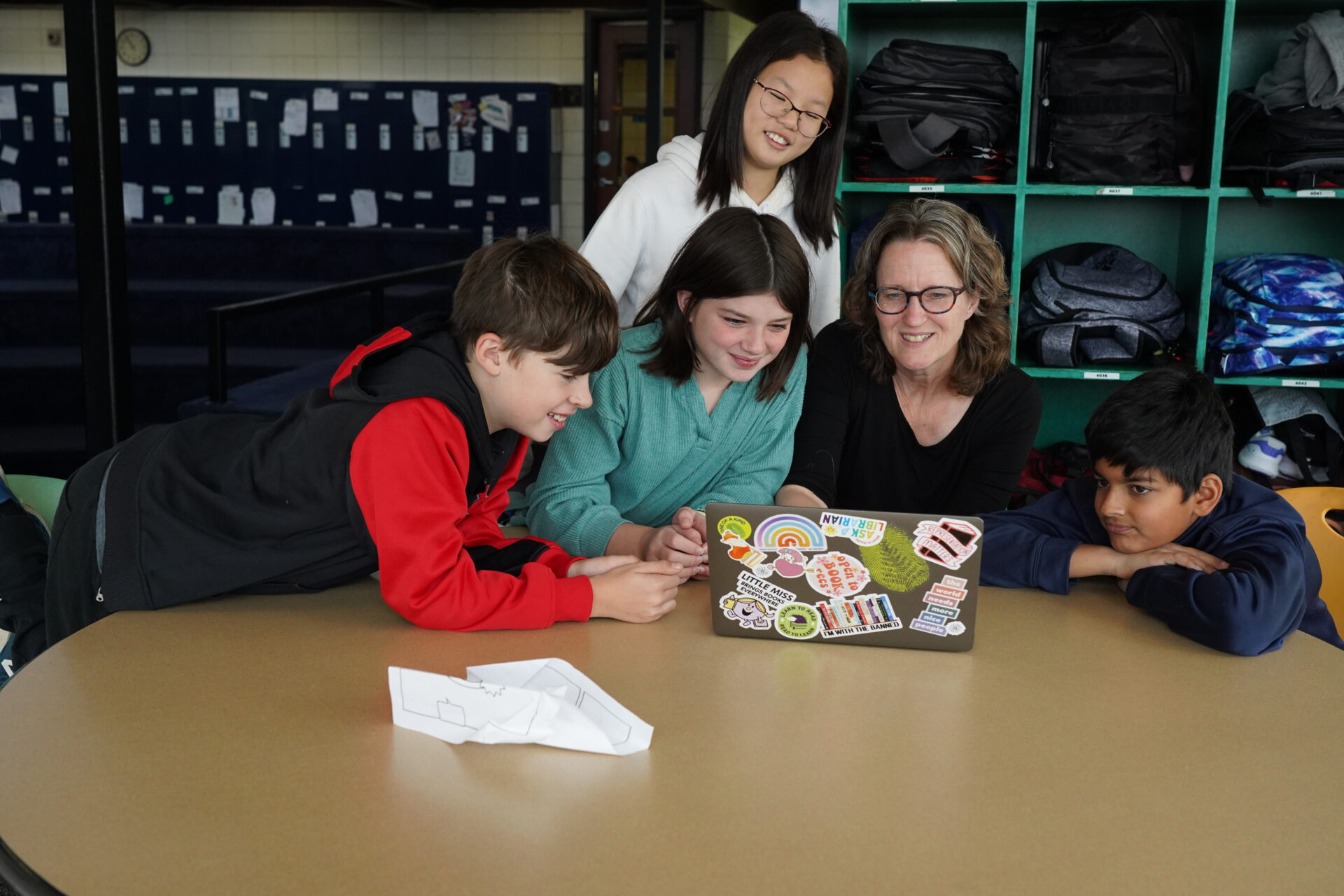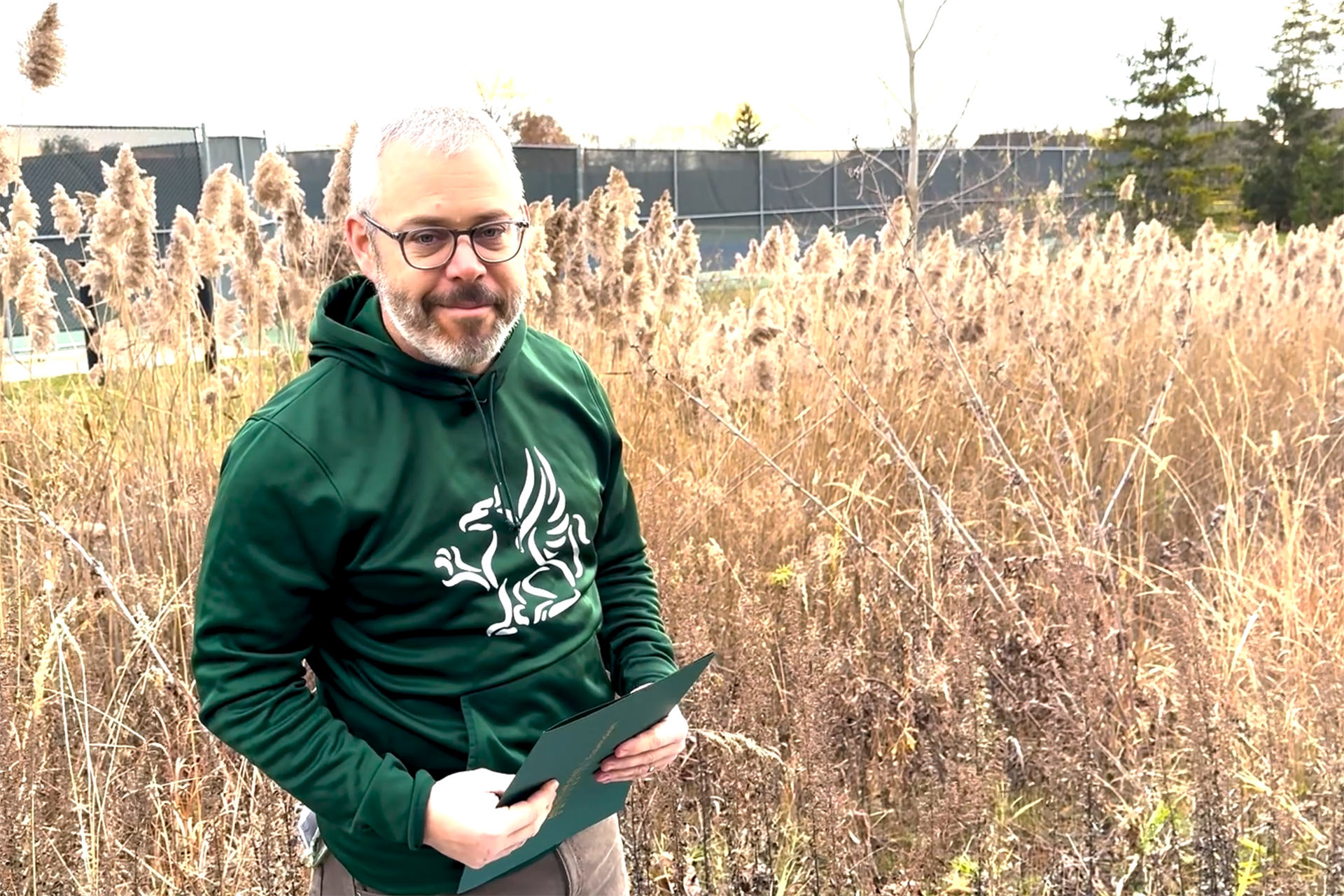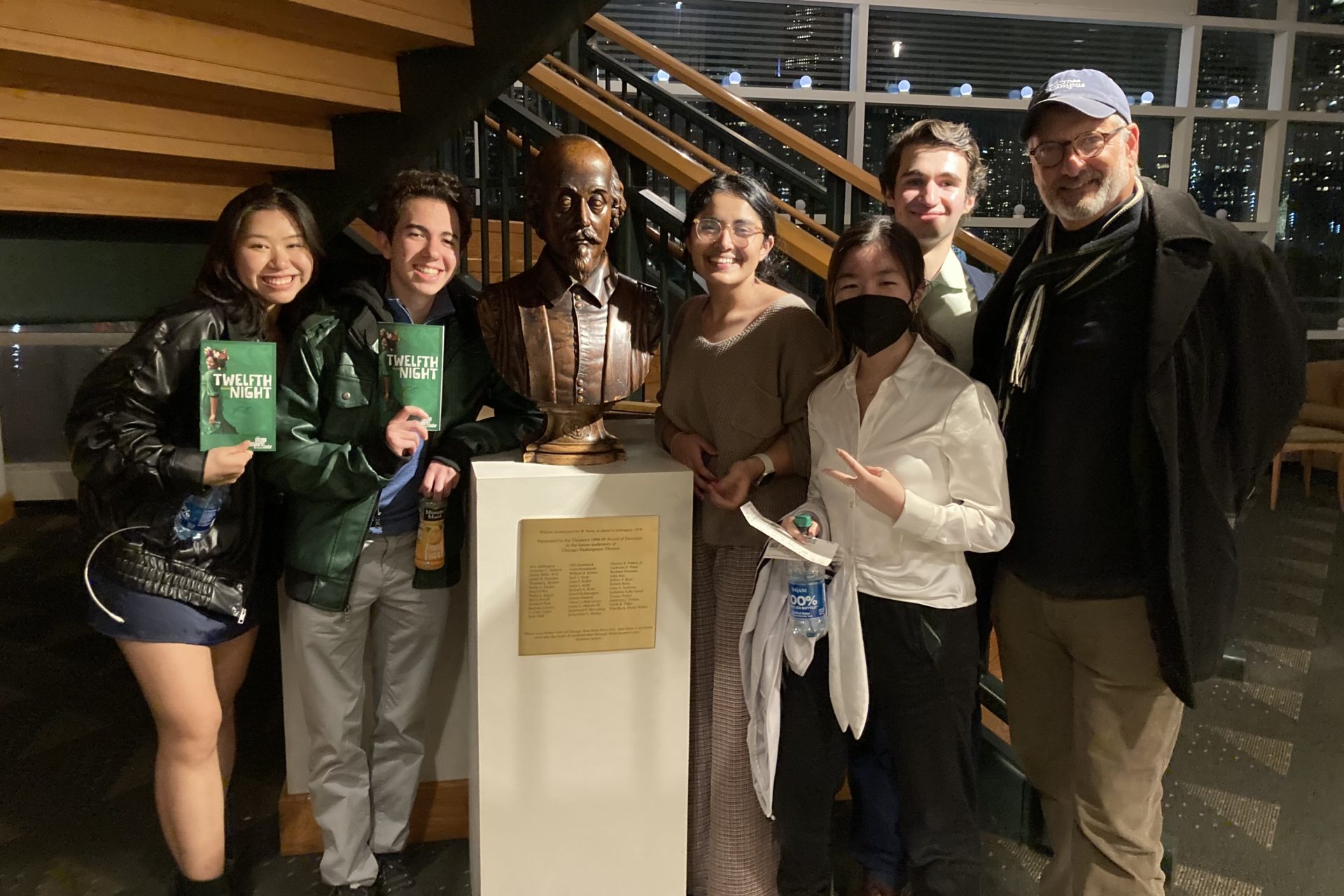Ann Novak: Why I sought a PhD in science ed
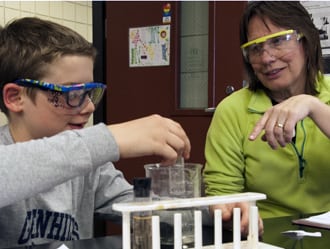
 I have always been interested in how students learn and how to teach more effectively to help students be engaged in and learn science. For the past five years, I have pursued a doctorate in science education from Curtin University. I collected my dissertation data in my 7th grade science classes. One of my goals is to help students develop sophisticated understandings that they can apply to explain phenomena, solve problems, and be prepared for future learning. I work to assist students in making sense of complex phenomenon like the water quality of the stream that crosses the Greenhills campus. In this context, I want students to delve deeply into science ideas and practices to explore the question, “How healthy is our stream for freshwater organisms, and how can our actions on land impact the water quality?” I also want students to understand the nature of science — particularly that scientific knowledge is open to revision.
I have always been interested in how students learn and how to teach more effectively to help students be engaged in and learn science. For the past five years, I have pursued a doctorate in science education from Curtin University. I collected my dissertation data in my 7th grade science classes. One of my goals is to help students develop sophisticated understandings that they can apply to explain phenomena, solve problems, and be prepared for future learning. I work to assist students in making sense of complex phenomenon like the water quality of the stream that crosses the Greenhills campus. In this context, I want students to delve deeply into science ideas and practices to explore the question, “How healthy is our stream for freshwater organisms, and how can our actions on land impact the water quality?” I also want students to understand the nature of science — particularly that scientific knowledge is open to revision.
My dissertation documented the process of 58 7th grade students constructing one scientific explanation as additional data were collected and analyzed about the health of the stream. Students wrote four iterations of the explanation during our water quality project, then expanded and revised this explanation — termed an “evolving explanation” to reflect this process — as they collected and analyzed more data from various water quality measures. Overall, the study was concerned with supporting students as they developed integrated understanding through building a more sophisticated explanation over time. The study also examined the supports I provided to assist students as their explanations progressed from less to more sophisticated. The challenges that students faced were also documented.
Nine research questions were investigated and results indicated significant effects related to all but one research question. Overall, students exhibited substantial and significant learning gains. All students developed from novice towards expertise constructing more and more sophisticated knowledge of the health of the stream by specifying more and more relationships between science ideas and connecting those ideas to evidence as part of reasoning.
The past several years I have presented my research at the National Association of Research in Science Teaching (NARST) conferences in Pittsburgh and Puerto Rico, and the European Science Education Research Association (ESERA) conference in Helsinki, Finland. I will present another portion of my research this spring at the NARST conference in Baltimore. In addition, I am turning my attention to preparing manuscripts for submission to various science education journals.
I am grateful to my students and to Greenhills. Here is how I explained it in the dedication and acknowledgement found in my dissertation:
Dedication: “To my students: the love affair started the minute I walked into the classroom. Thank you for allowing me to be a part of your journey and for being a rich part of mine.”
Acknowledgment: “Greenhills School, where I have both the pleasure and honor to teach, provided financial support, and I am truly grateful for their commitment to my professional development. I would like to thank my students for participating in my study and their families for allowing me to collect and analyze data from their science classes; I greatly appreciated and am honored by their trust.”
